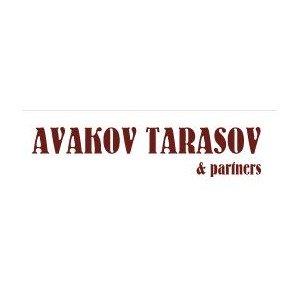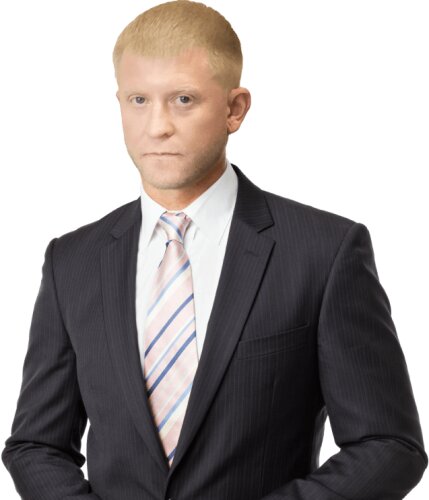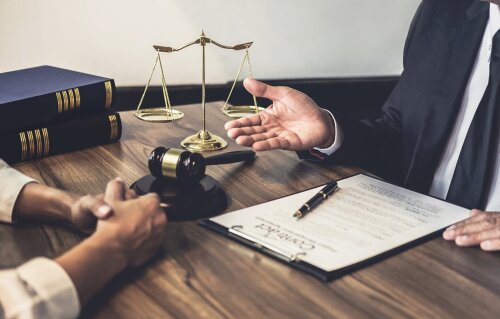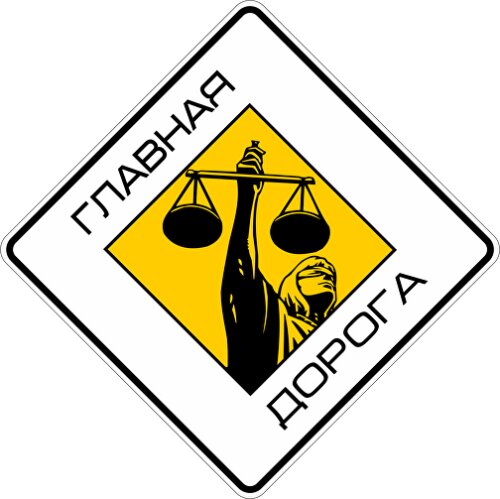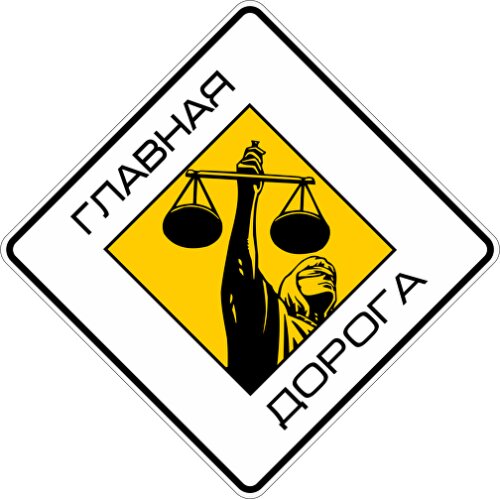Best Ethics and Professional Responsibility Lawyers in Russia
Share your needs with us, get contacted by law firms.
Free. Takes 2 min.
Or refine your search by selecting a city:
List of the best lawyers in Russia
About Ethics and Professional Responsibility Law in Russia
Ethics and Professional Responsibility Law in Russia pertains to the standards and legal obligations governing the conduct of professionals, especially within legal, financial, and medical sectors. This area of law ensures that professionals adhere to ethical standards, maintaining integrity and public confidence in their respective fields. It addresses conflicts of interest, confidentiality breaches, malpractice, and professional misconduct. Russian laws in this domain aim to protect both professionals and the public by enforcing ethical practices and accountability.
Why You May Need a Lawyer
There are numerous situations in which you might need legal help in the area of Ethics and Professional Responsibility in Russia:
- If you are accused of professional misconduct or breach of ethical standards.
- If you need to understand your ethical obligations within a professional role.
- If you are facing disciplinary procedures or investigations by professional bodies.
- If there are allegations of conflicts of interest or confidentiality breaches against you.
- If you require guidance on maintaining compliance with ethical norms in your industry.
- If you suspect unethical behavior by a professional and require advice on legal recourse.
Local Laws Overview
In Russia, key aspects of local laws relevant to Ethics and Professional Responsibility include:
- The Federal Law on Advocatory Activity and Advocacy, which regulates the legal profession's ethical standards and disciplinary measures.
- The Civil Code of the Russian Federation, which includes provisions concerning liability and torts, significant for professional responsibility cases.
- The Code of Ethics for specific professions, such as lawyers, doctors, and financial professionals, each having their own set of ethical guidelines and enforcement mechanisms.
- Employment legislation that includes clauses on workplace ethics and employee conduct.
- Laws addressing anti-corruption, transparency, and whistleblower protection as they apply to professional practices.
Frequently Asked Questions
What are the ethical standards for lawyers in Russia?
Lawyers in Russia must adhere to the Federal Law on Advocatory Activity and Advocacy, which outlines ethical obligations such as confidentiality, competence, integrity, and avoidance of conflicts of interest.
What is considered professional misconduct in Russia?
Professional misconduct may include breaches of confidentiality, misrepresentation of professional qualifications, conflict of interest, fraudulent activities, and unethical behavior impacting clients or the public.
How are ethical violations reported and adjudicated?
Violations can be reported to the relevant professional body overseeing the profession in question. These bodies typically have disciplinary committees that investigate and adjudicate such cases.
Can I lose my professional license for an ethical breach?
Yes, sanctions for ethical breaches range from reprimands and fines to suspension or revocation of professional licenses, depending on the severity of the misconduct.
What legal recourse do I have if falsely accused of unethical behavior?
You can contest the accusations through internal procedures within your professional body or seek legal redress in civil courts for defamation or wrongful accusations.
Are there ethical guidelines for businesses in Russia?
Yes, there are ethical guidelines and codes of conduct for businesses, particularly concerning anti-corruption and corporate governance, which must be adhered to by organizations.
What role do ethics play in medical practice in Russia?
Ethics in medical practice entails maintaining patient confidentiality, obtaining informed consent, and ensuring non-malfeasance and beneficence in treatments, guided by both law and ethical codes.
Is there a whistleblower protection law in Russia?
Yes, there are laws to protect whistleblowers from retaliation, encouraging the reporting of unethical practices and corruption within organizations.
How can I ensure compliance with professional ethics in my field?
Stay informed of your profession's code of ethics, undergo regular training, seek legal counsel when uncertainties arise, and actively engage in professional development activities.
What is the process for renewing a professional license in Russia?
License renewal typically involves continued education, adherence to ethical standards, and submission of necessary documentation to the relevant professional authority.
Additional Resources
If you are seeking further information or assistance, consider reaching out to these resources:
- The Russian Federal Chamber of Lawyers (RFCL) for legal practitioners.
- The Ministry of Health of the Russian Federation for medical professionals.
- The Central Bank of Russia for ethical guidelines in financial sectors.
- Professional associations relevant to specific industries for support and clarification on professional ethics.
Next Steps
If you believe you need legal assistance in Ethics and Professional Responsibility in Russia, here are some steps to guide you:
- Document all relevant details and communications related to your issue.
- Consult with a lawyer who specializes in Ethics and Professional Responsibility to discuss your case and potential options.
- Engage with professional bodies related to your profession for specific guidance and support.
- Continuously update yourself on any changes in laws and ethical standards within your professional field.
By taking these steps, you can better navigate the complexities of Ethics and Professional Responsibility Law in Russia and protect your interests effectively.
Lawzana helps you find the best lawyers and law firms in Russia through a curated and pre-screened list of qualified legal professionals. Our platform offers rankings and detailed profiles of attorneys and law firms, allowing you to compare based on practice areas, including Ethics and Professional Responsibility, experience, and client feedback.
Each profile includes a description of the firm's areas of practice, client reviews, team members and partners, year of establishment, spoken languages, office locations, contact information, social media presence, and any published articles or resources. Most firms on our platform speak English and are experienced in both local and international legal matters.
Get a quote from top-rated law firms in Russia — quickly, securely, and without unnecessary hassle.
Disclaimer:
The information provided on this page is for general informational purposes only and does not constitute legal advice. While we strive to ensure the accuracy and relevance of the content, legal information may change over time, and interpretations of the law can vary. You should always consult with a qualified legal professional for advice specific to your situation.
We disclaim all liability for actions taken or not taken based on the content of this page. If you believe any information is incorrect or outdated, please contact us, and we will review and update it where appropriate.
Browse ethics and professional responsibility law firms by city in Russia
Refine your search by selecting a city.



